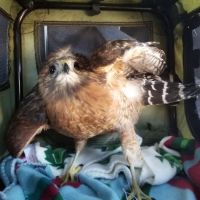Tufts Wildlife Clinic Introduce
Introduction / Overview
For residents of Massachusetts who encounter injured, sick, or orphaned native wildlife, the Tufts Wildlife Clinic, an integral part of Tufts University's Cummings School of Veterinary Medicine in North Grafton, MA, serves as a crucial and highly specialized resource. Established in 1983, this clinic is not a typical veterinary hospital for domestic pets; its singular mission is to provide humane, appropriate, and the best achievable medical care and rehabilitation specifically for wild animals with the ultimate goal of returning them to their natural habitats. As a regional hub for wildlife health, the Tufts Wildlife Clinic is equipped with advanced diagnostic, medical, and surgical capabilities to treat a broad spectrum of native birds, mammals, reptiles, and amphibians found in New England. It also plays a vital role in advancing knowledge in wildlife and conservation medicine through research and serves as an educational resource for veterinary students, wildlife rehabilitators, and the public.
The dedication of Tufts Wildlife Clinic to its mission is evident in the praise it receives for its wildlife care. As one reviewer notes, once a wild animal is admitted, it "gets the absolute best care and they do everything they can to save it." This commitment to providing specialized and high-quality treatment for native species underscores their importance to conservation efforts in Massachusetts. However, it is crucial for anyone finding an animal to understand their specific intake procedures, which prioritize the animal's welfare and the clinic's capacity. While their expertise in wildlife is widely recognized, prospective visitors must be aware of their distinct operational model, which differs significantly from a conventional small animal veterinary practice.
Location and Accessibility
Tufts Wildlife Clinic is located at 50 Willard St, North Grafton, MA 01536, USA. This address places the clinic within the campus of the Cummings School of Veterinary Medicine at Tufts University, a well-known and respected institution in Massachusetts. North Grafton is generally accessible from various parts of central and eastern Massachusetts, making it a viable option for individuals who encounter distressed wildlife and are able to transport them.
However, accessibility to the clinic is strictly governed by their intake policy, which is critical for all potential visitors to understand: you "HAVE TO CALL FIRST!!!" It is not a facility where you can simply drive an animal there and drop it off. Due to their busy schedule and the need to prepare for any intakes, prior communication is absolutely mandatory. This policy ensures that the clinic can manage its resources effectively, provide the best possible immediate guidance, and confirm they have the capacity and appropriate care plans in place for the specific animal being brought in. For Massachusetts residents finding injured wildlife, this pre-call protocol is the most important aspect of accessing their services, ensuring a smooth and beneficial process for the animal.
Services Offered
Tufts Wildlife Clinic specializes exclusively in the medical care and rehabilitation of native wild animals. Their services are designed to address the unique needs of wildlife with the ultimate goal of releasing them back into their natural habitats. Based on their mission and operations, their services include:
- Emergency and Urgent Care for Wildlife: Providing immediate medical attention for sick, injured, or orphaned native wild animals. This includes stabilization, pain management, and initial diagnostic assessments.
- Comprehensive Diagnostic Services: Utilizing advanced diagnostic tools, including radiology, laboratory testing (blood work, parasite checks), and other specialized tests to accurately identify the nature of injuries or illnesses.
- Surgical Interventions: Performing complex and delicate surgeries on various wildlife species to repair injuries, remove foreign bodies, or address other critical conditions.
- Medical Treatment: Administering appropriate medications, fluids, and supportive care for a wide range of wildlife diseases, infections, and metabolic disorders.
- Rehabilitation: Providing extensive post-treatment care, including physical therapy, specialized diets, and conditioning programs to prepare animals for successful re-release into the wild.
- Wildlife Expertise: Leveraging a deep understanding of wild animal biology, behavior, and specific species requirements to optimize care and rehabilitation outcomes.
- Consultation and Guidance: Offering advice to the public on how to handle found wildlife, assess if an animal truly needs intervention, and coordinate proper intake.
- Education and Research: Serving as a teaching hospital for veterinary students, providing hands-on experience in wildlife medicine, and conducting research to advance the field of wildlife health and conservation.
It is important to reiterate that Tufts Wildlife Clinic does NOT provide care for domestic pets. Their specialization is strictly for native Massachusetts wildlife.
Features / Highlights
- Exclusive Wildlife Specialization: The most significant feature is their singular focus on native Massachusetts wildlife. This specialization means they have unparalleled expertise, facilities, and protocols specifically designed for wild animals, ensuring they receive the most appropriate and effective care tailored to their unique needs.
- Commitment to Rehabilitation and Release: Their primary goal is to treat and rehabilitate animals with the aim of returning them to the wild. This dedication to conservation and the natural lifecycle of wildlife is a core aspect of their mission.
- Part of a Renowned Veterinary School: As an integral component of Tufts University's Cummings School of Veterinary Medicine, the clinic benefits from cutting-edge research, advanced medical technology, and the academic rigor of a leading veterinary institution. This affiliation helps ensure the "absolute best care."
- Expert and Dedicated Staff: The team consists of veterinarians, technicians, and students who are specifically trained in wildlife medicine and are deeply committed to animal welfare. Their ability to do "everything they can to save" an animal highlights this dedication.
- Educational Resource: The clinic serves as a vital educational platform, training the next generation of wildlife veterinarians and providing public information on wildlife health and conservation, contributing to broader ecological understanding.
- Strict Intake Protocol: While it requires a pre-call, this protocol ensures that the clinic is always prepared for incoming patients, minimizing stress for the animal and optimizing the efficiency of care. It prevents overwhelming the facility and ensures that each intake receives proper attention from the moment they arrive.
However, it is crucial to acknowledge a significant concern raised in a prominent review regarding the treatment of a domestic pet (a bunny) at Tufts. This review describes a highly negative experience involving what the client perceived as misdiagnosis, a lack of compassion, and aggressive pushing for euthanasia without sufficient testing. The client asserts that their pet, diagnosed with a common condition, recovered fully after being taken home and treated by the owner. This particular review highlights a very serious discrepancy in the client's experience with a domestic animal versus the clinic's stated mission for wildlife. It is vital for potential users to understand that Tufts Wildlife Clinic is solely for wildlife, and *not* for domestic pets. The negative review regarding a bunny strongly suggests that the facility may not be equipped or inclined to provide suitable care for companion animals, and pet owners should seek alternative services for their domestic pets.
Contact Information
Address: 50 Willard St, North Grafton, MA 01536, USA
Phone: (508) 839-7918
Mobile Phone: +1 508-839-7918
Conclusion: Why this place is suitable for locals
For residents of Massachusetts who encounter sick, injured, or orphaned native wildlife, Tufts Wildlife Clinic in North Grafton is an undeniably crucial and suitable resource. Its suitability for locals lies in its unique and unwavering specialization in the care and rehabilitation of wild animals, a service that general veterinary practices are not equipped or designed to provide. When a local finds a distressed squirrel, a wounded bird, or an ailing fox, they need a dedicated facility with veterinarians who understand the complex biology and behavior of these species. Tufts Wildlife Clinic fills this vital niche, offering expert medical intervention and comprehensive rehabilitation with the sole aim of returning these animals to their natural environment, thereby contributing significantly to Massachusetts' local ecosystems and biodiversity.
The clinic's affiliation with Tufts University's Cummings School of Veterinary Medicine further bolsters its suitability. This connection ensures access to cutting-edge research, advanced medical technologies, and a continuous pipeline of highly trained veterinary professionals specializing in wildlife medicine. For locals, this means that any wild animal they bring to the clinic will receive care based on the latest scientific understanding and best practices. The strict "call first" intake policy, while seemingly an extra step, is a necessary and responsible measure. It ensures that the clinic can properly prepare for each intake, provide immediate guidance to the finder, and confirm capacity, ultimately leading to more efficient and effective care for the wild patient.
However, it is paramount for Massachusetts residents to understand that this facility is strictly for *wildlife only*. As evidenced by a severe negative review concerning a domestic bunny, Tufts Wildlife Clinic is not equipped, nor is it their mission, to care for companion animals. Attempting to bring a pet here will likely lead to a frustrating and potentially detrimental experience for the animal and owner, as the expertise and resources are geared entirely towards wild species. Therefore, for locals, Tufts Wildlife Clinic is the premier and essential destination for native wildlife in need, but explicitly *not* for family pets. For injured wild animals, it is an invaluable asset to the Commonwealth, embodying a dedicated commitment to conservation and the well-being of Massachusetts' natural inhabitants.
Tufts Wildlife Clinic Services
Veterinarian
- Cage Cleaning
- Care For Pets
- Clinical Trials
- Continuing Education
- Diagnostic Imaging
- Diagnostic Tests
- Dog Sitting
- Emergency Services
- Field Service
- General Exams
- Laboratory Testing
- Large Animal Ambulatory
- Reproductive Services
- Shelter Medicine
- Spay/Neuter Clinic
- Surgery And Anesthesia
- Surgical Care
- Virtual Tour
Tufts Wildlife Clinic Details
Accessibility
- Wheelchair accessible entrance
- Wheelchair accessible parking lot
- Wheelchair accessible restroom
Amenities
- Restroom
Planning
- Appointments recommended
Tufts Wildlife Clinic Photos
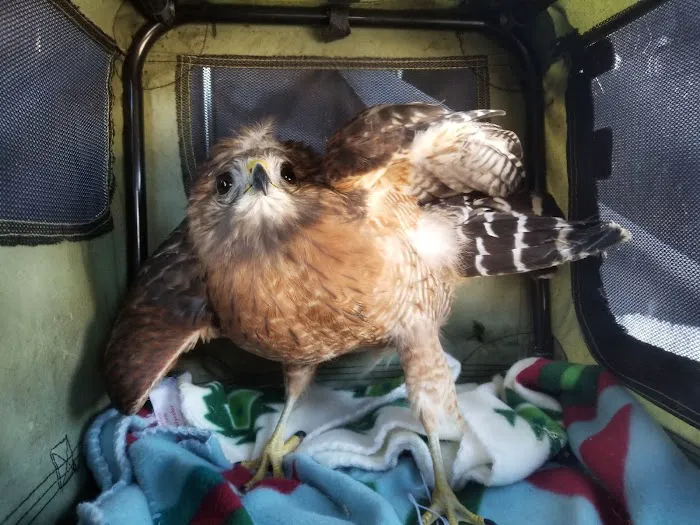
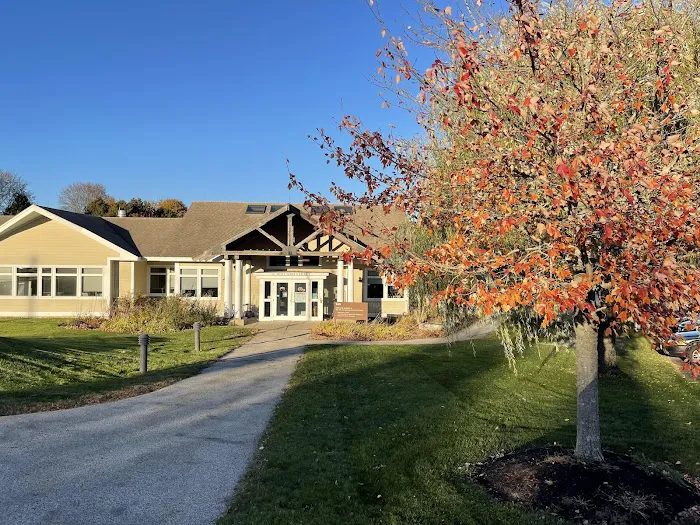
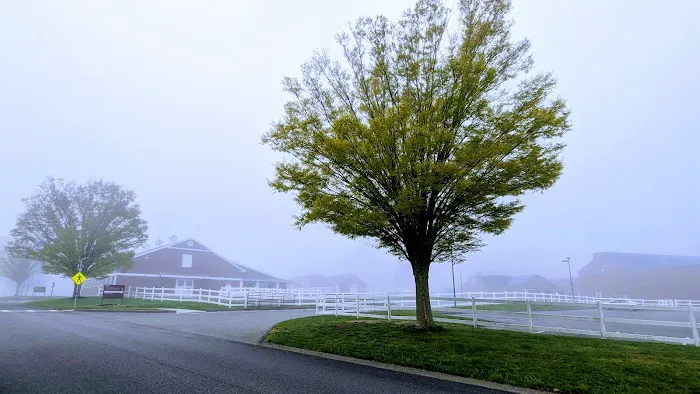
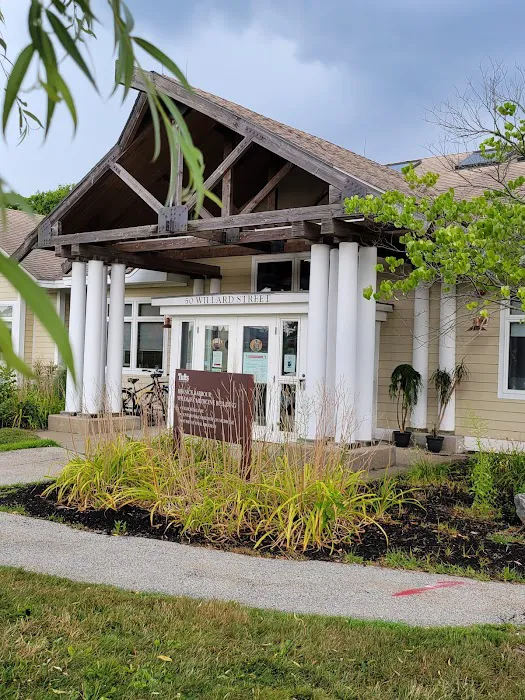
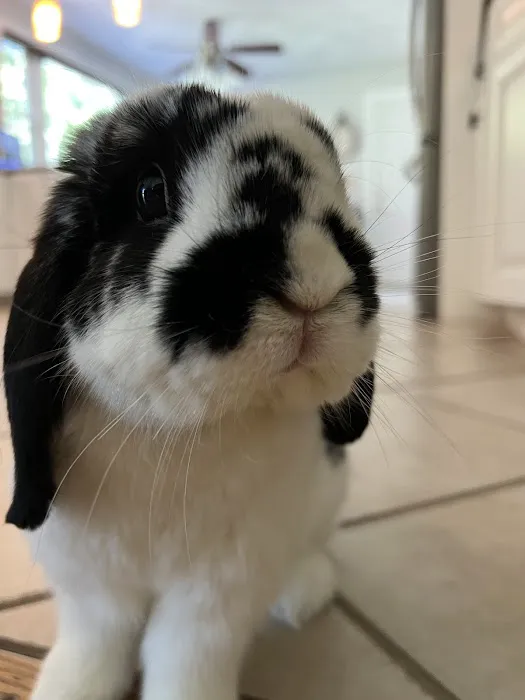
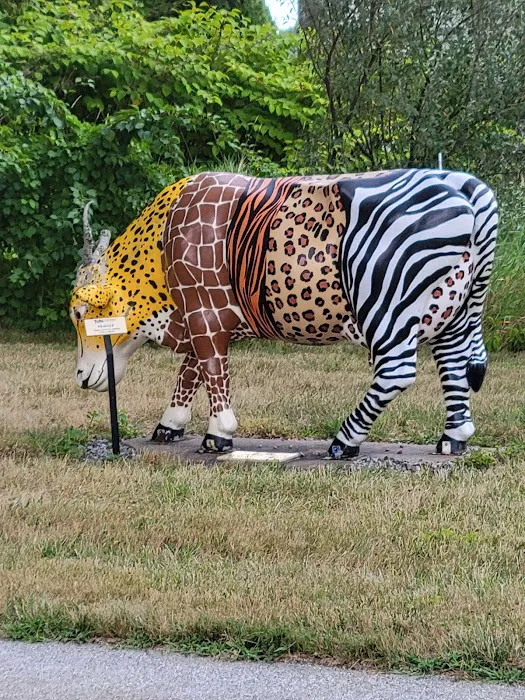
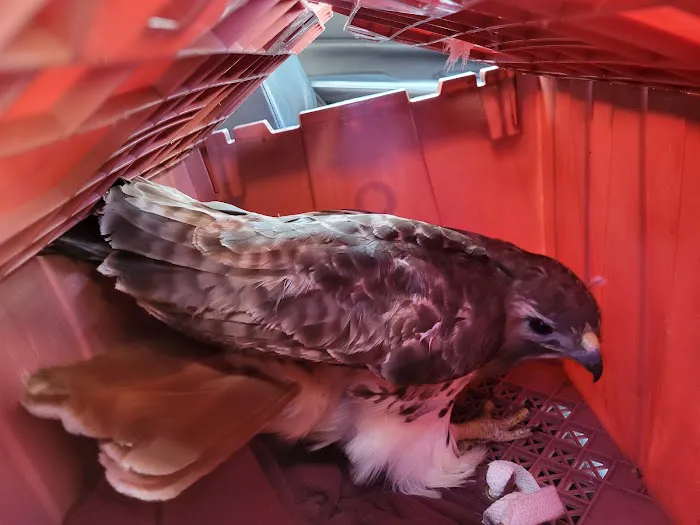
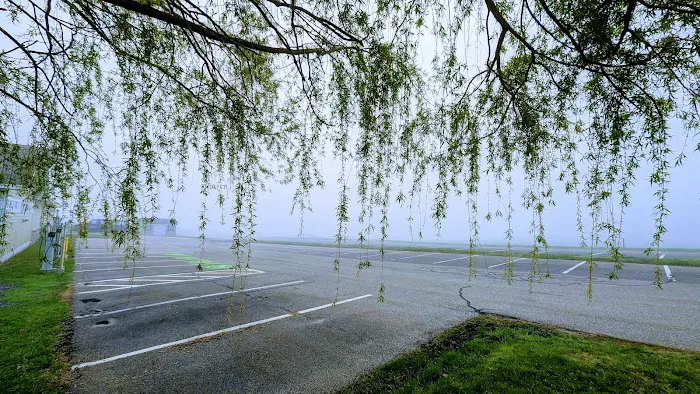
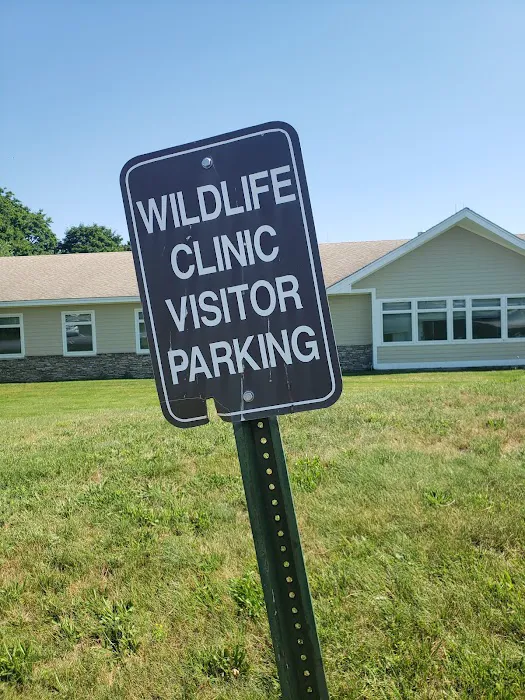
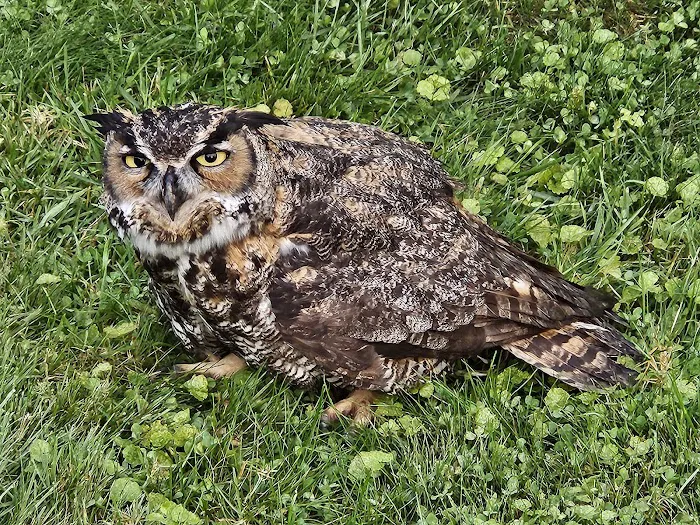
Tufts Wildlife Clinic Location
Tufts Wildlife Clinic
50 Willard St, North Grafton, MA 01536, USA
Tufts Wildlife Clinic Reviews
bunnyinjuryeuthanizedmorningcallcarstudentsmessageinformationvolunteers
★ 5★ 4★ 3★ 2★ 1Will take most native wildlife but you HAVE TO CALL FIRST!!! You can't just drive an animal there and drop off because they are so busy they have to know and prepare for any intakes. Once the animal is there it gets the absolute best care and they do everything they can to save it.
June 27 · Nancy HuntingtonIf you love your pet, do NOT take them here.2 years ago on December 22nd, 2022 my sister and I took our bunny here because she was acting very strange. Her systems aligned with a common sickness bunnies can face and bounce back from called ‘GI Stasis’. We brought her in at 12am to try to get urgent care and get this common condition treated. What we thought was going to be a visit to get her treated turned out to be a NIGHTMARE. The vets told us that it “sounds like” she has cancer. The first thing they told us was that our 1 year old healthy bunny (besides what we took her in for) had cancer and had been sick- without even performing ANY tests on her. They took her to their back room to give her an IV and we didn’t see her again for HOURS. We were advised we euthanize her as soon as possible because that her condition was so critical.My sister and I could tell that the vibe the vet was giving was very off and concerning. He showed no compassion and kept pushing for euthanasia. We came to the decision we were going to take her home and treat her condition as what we thought it was, GI Stasis.The medical student was not happy with us at all and said we were going against medical advice and he would have to have his manager talk to us who ALSO tried convincing us to euthanize her. She was super condescending and talking down to us while saying if we love our pet we would euthanize her.. We declined and had to sign documents to take her home.After signing the documents we waited over an hour to get our bunny and I even had to call the hospital because there was nobody in sight!!Once we finally received her in our care, we took her home and nursed her back to health using syringes and treating her condition as a sickness most bunnies can experience. We really hoped Tufts would have treated her symptoms as what we said we believed it was and treated her much quicker than we could have.2 years later and our bunny is perfectly healthy and happy!! We couldn’t be more glad that we listened to our gut that this place didn’t know what they were talking about and didn’t have our bunnies best interest at heart. Please please take your animal somewhere else!! Especially a bunny!Also, after doing more research on the medical student who was assigned to our bunny, we found him on LinkedIn and in his bio it says he specializes in euthanasia.Who specializes in that??? Did he just want to euthanize our bunny who was sick with a common illness for his own practice??? This is disgusting and so inhumane. Nobody who loves animals would always push for euthanasia.Please take your pet elsewhere.
October 20 · Olivia DunnDate Visited: 11/11/23I recently had an experience with Tufts Wildlife Clinic that left me with mixed feelings. I found a red hawk with an injured wing and brought it to the clinic, hoping for a recovery and eventual release. The hawk, despite its injury, appeared very healthy and active, showing signs of vitality.However, my experience took an unexpected turn. The following day, I learned that the clinic had decided to euthanize the hawk. This decision was surprising and deeply upsetting, especially since I had not anticipated this outcome for what seemed like a manageable injury.I understand that wildlife rehabilitation centers face difficult decisions and that sometimes euthanasia is considered the most humane option, particularly if the animal's chances of survival or quality of life are compromised. However, I believe that better communication about potential outcomes and more involvement in the decision-making process would have been greatly appreciated.Based on my experience, and hearing similar stories from others in the post below, it seems there may be a pattern of opting for euthanasia at this clinic. While I respect the expertise of the professionals at Tufts Wildlife Clinic, I wish there had been more consideration for alternative treatments or rehabilitation efforts, or at least a more thorough explanation provided to me regarding the decision to euthanize.
November 12 · Mike DongI have brought a few animals here over the years. The staff is very friendly and accommodating. If you can, please leave a donation. They do good work for our wild friends and should be supported.
May 04 · Samuel MCaring and skilled staff. Great facility. They have accepted and helped many injured animals that we have rescued
June 14 · Justin Cameron
More Vet Near Me
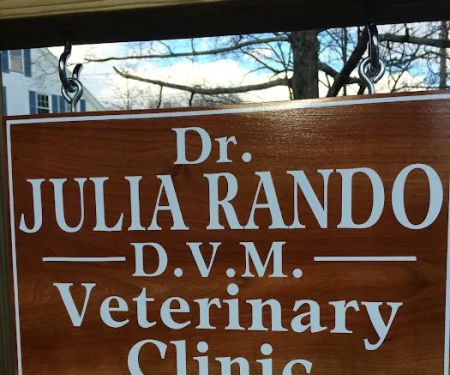 Rando Veterinary Service5.0 (9 reviews)
Rando Veterinary Service5.0 (9 reviews)5 Waterville St, North Grafton, MA 01536, USA
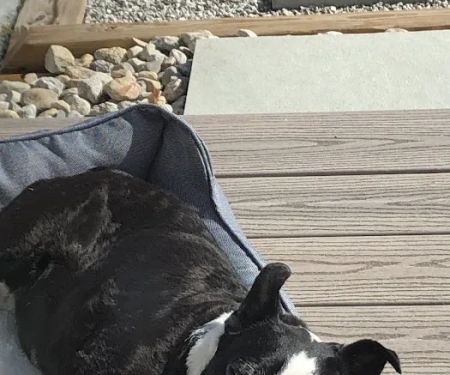 Putnam Veterinary Clinic4.0 (259 reviews)
Putnam Veterinary Clinic4.0 (259 reviews)274 Walnut St Unit 2, Shrewsbury, MA 01545, USA
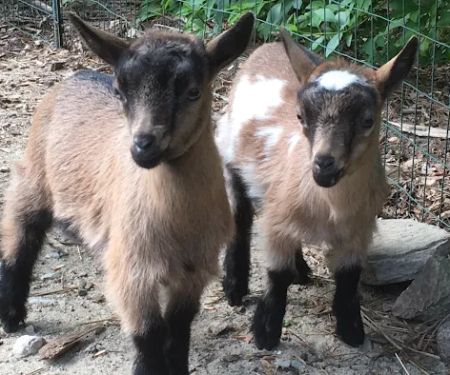 Goat Veterinary Services5.0 (1 reviews)
Goat Veterinary Services5.0 (1 reviews)27 Fay Mountain Rd, Grafton, MA 01519, USA
 Banfield Pet Hospital4.0 (117 reviews)
Banfield Pet Hospital4.0 (117 reviews)6106 Shops Way, Northborough, MA 01532, USA
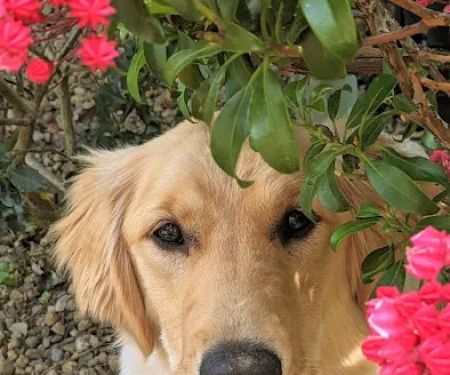 Associates Animal Hospital4.0 (95 reviews)
Associates Animal Hospital4.0 (95 reviews)21 Summer St, Westborough, MA 01581, USA
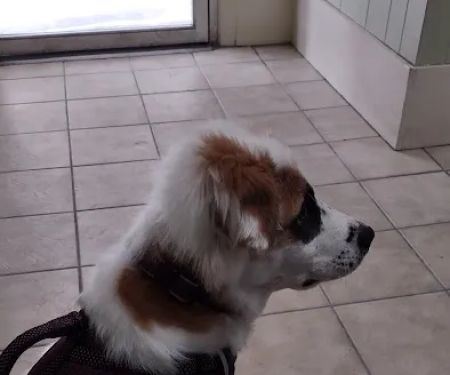 Route 20 Animal Clinic4.0 (44 reviews)
Route 20 Animal Clinic4.0 (44 reviews)84 SW Cutoff, Worcester, MA 01604, USA
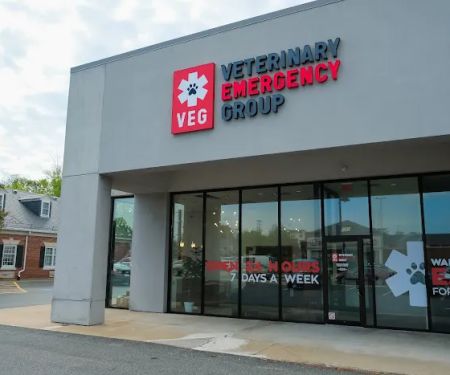 Veterinary Emergency Group4.0 (757 reviews)
Veterinary Emergency Group4.0 (757 reviews)196 Boston Tpke #001, Shrewsbury, MA 01545, USA
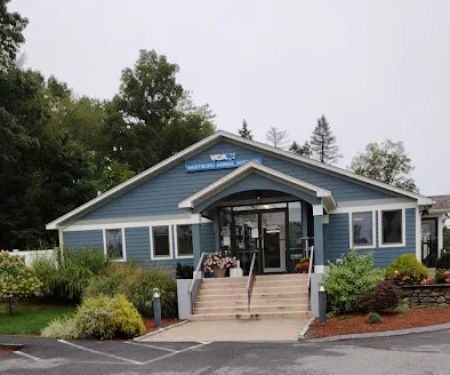 VCA Westboro Animal Hospital4.0 (260 reviews)
VCA Westboro Animal Hospital4.0 (260 reviews)155 Turnpike Rd #9, Westborough, MA 01581, USA
 Red Fern Veterinary Care5.0 (4 reviews)
Red Fern Veterinary Care5.0 (4 reviews)Grist Mill Rd, Grafton, MA 01519, USA
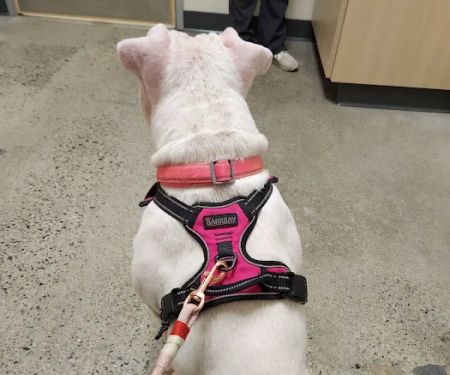 Vetco Total Care Animal Hospital4.0 (76 reviews)
Vetco Total Care Animal Hospital4.0 (76 reviews)50 Boston Tpke A3, Shrewsbury, MA 01545, USA
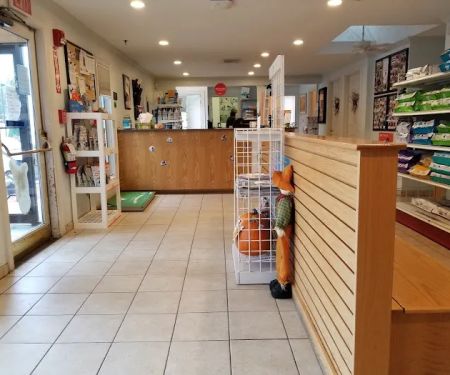 VCA Northboro Animal Hospital4.0 (228 reviews)
VCA Northboro Animal Hospital4.0 (228 reviews)286 W Main St, Northborough, MA 01532, USA
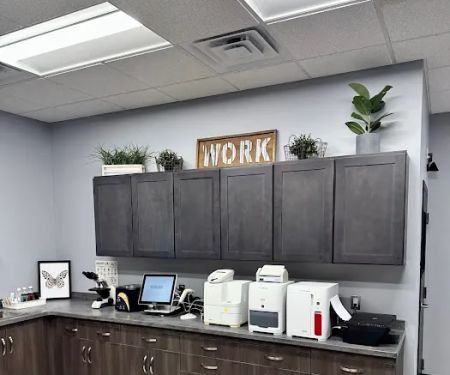 Artemis Veterinary4.0 (29 reviews)
Artemis Veterinary4.0 (29 reviews)318 Main St #175, Northborough, MA 01532, USA
Categories
Top Visited Sites
 Aadobe Animal Hospital4.0 (247 reviews)
Aadobe Animal Hospital4.0 (247 reviews) Canton Animal Hospital PA4.0 (193 reviews)
Canton Animal Hospital PA4.0 (193 reviews) Prestige Animal Wellness4.0 (37 reviews)
Prestige Animal Wellness4.0 (37 reviews)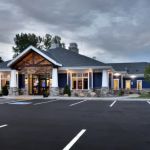 Lake Animal Hospital4.0 (309 reviews)
Lake Animal Hospital4.0 (309 reviews) Pedegru - Animal History & Products0.0 (0 reviews)
Pedegru - Animal History & Products0.0 (0 reviews)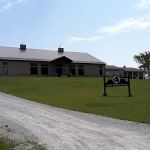 Summit Veterinary Services4.0 (205 reviews)
Summit Veterinary Services4.0 (205 reviews)Top Pet Stores Searches
Trending Pet Health & Care Blog Posts
 Understanding the Importance of Omega in Pet Diets
Understanding the Importance of Omega in Pet Diets The Benefits of Regular Dog Massage for Health and Relaxation – Brothers Pets
The Benefits of Regular Dog Massage for Health and Relaxation – Brothers Pets What Every Pet Owner Should Know About Pet Safety: Essential Tips for Protecting Your Furry Friends
What Every Pet Owner Should Know About Pet Safety: Essential Tips for Protecting Your Furry Friends The Ultimate Guide to Treating and Preventing Dog Diarrhea at Home
The Ultimate Guide to Treating and Preventing Dog Diarrhea at Home The Dos and Don’ts of Pet Diseases: What Every Pet Owner Should Know
The Dos and Don’ts of Pet Diseases: What Every Pet Owner Should Know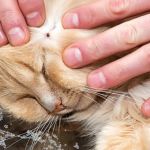 How to Prevent Tick-Borne Diseases in Cats
How to Prevent Tick-Borne Diseases in Cats
